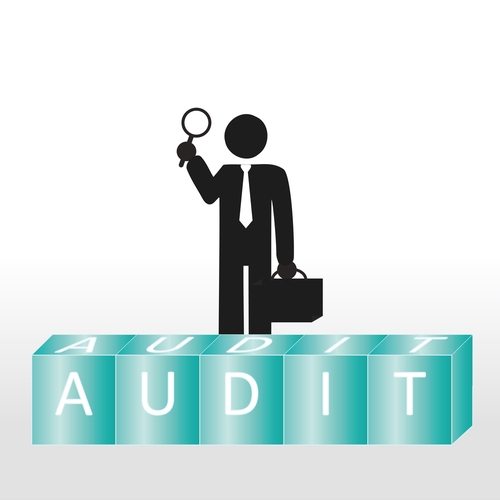To think that only a couple of decades ago, the average organization was still largely relying upon the use of paper filing systems for the vast majority of its reporting is a bit mind-blowing, as technology has progressed so significantly in such a short period of time. The old methods of keeping all information in order were not necessarily bad, but they certainly were not optimal given the immense need for accuracy and efficiency in these matters.
Automation software was once only available to certain firms, as they were not the easiest to use nor were they nearly as affordable as they are today, and organizations of varying sizes are already beginning to use these tools to progress with regard to their reporting performance. Automated analytics tools work to the advantage of organizations in several fashions, including a more streamlined experience for employees, enhanced accuracy and fewer strains on productivity.
The whole point of leveraging these solutions is to step away from the error-rich and generally inefficient practices that had become such major issues for firms, especially larger companies that have more assets to keep under control. Deploying solutions that automate these procedures has already delivered on its promise to reduce these inaccuracies and drive the overall performance of the company, especially considering how timely the actionable insights are that come through.
There is no denying that analytics tools cannot simply replace employees, but they can certainly support staff members through a variety of their work functions and responsibilities and deliver real-time intelligence. Because so many companies are beginning to implement and use these tools for a variety of purposes, business leaders who have not yet considered modernizing their reporting analytics strategies should do so soon to remain competitive in their respective markets.
Money flowing in
Any corporate decision-maker is going to be highly interested in the real returns on investment that come from a given expenditure, and managers or supervisors who want to get a new tool in place will have to show executive purchasers how automated reporting tools will play out from a financial standpoint. Luckily, there is plenty of research to help these individuals get started in their endeavors to prove the value of automation software.
Nucleus Research recently released the results of a study that found 71 percent of organizations surveyed are intent on expanding their analytics software in the coming years, while a majority are also considering the switch from in-house managed tools to cloud-based offerings. According to the analysts there, the speed with which reporting analytics tools are evolving is helping to drive the overall size of the market, while more companies are awakening to the need for and advantages of these types of solutions with the passing of each year.
Additionally, survey respondents seemed to be far more interested in hard return on investment figures, and believe that automated tools have proved their worth with a high level of consistency.
"Analytics deliver clear and increasing ROI, with 95 percent of survey respondents reporting having achieved a positive ROI. That is likely to continue as customers take advantage of the initial and ongoing economies of cloud solutions," Nucleus Research analyst Nina Sandy explained.
What's more, the survey revealed that a large majority – 93 percent – have been happy with the solutions that they have in place thus far, which is a relatively high satisfaction rate for any type of technology.
"Business analytics continues to be a high area of return on investment for customers, with projects delivering an average of $13.01 for every dollar spent," Nucleus Research Chief Executive Officer Ian Campbell affirmed. "We expect vendors will continue to invest in both emerging capabilities and cloud delivery options to meet the demands of users to attack more business challenges with analytics."
Are staff members prepared?
Robert Half Management Resources reported that while chief financial officers who responded to its recent survey stated analytics skills are important for some accounting and finance positions, only 14 percent cited requiring these types of talent for all individuals in these departments.
"With the rising tide of data, firms are asking more of their finance and accounting departments. The ability to translate key data trends to provide fact-based insights is now an essential skill expected of the industry," David King, Canadian president of the company, explained. "Financial teams are increasingly relied upon to translate the numbers into actionable information to inform organizational decision-making. This demand will only accelerate as companies are able to tap into greater volumes of information."
Companies will have to keep in mind that the intelligence and knowledge necessary to manage these reporting analytics solutions must be present from the time of deployment. Now, organizations can absolutely leverage the support of a third-party service provider, but whether the management frameworks are being handled externally or internally, the point is they must be apparent and prepared somewhere.






